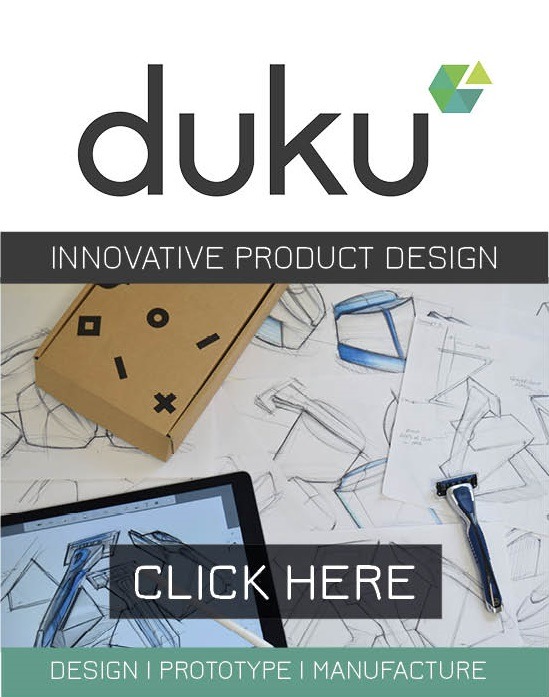
A European patent and a UK patent are practically unobtainable for methods of doing business under the exclusions in the UK Patents Act and the European Patents Convention (“EPC”). However, a US patent provides a much broader range of possibilities, not only for business methods, but also for other matter such as software which is also largely excluded for patent protection in the UK and Europe.
It is still very rare to gain patent protection for a business method in the UK or Europe. At present, the US is one of the few nations where you can patent a business method and the criteria are similar to that of any other patent application. An example of a business method would be an online retailer using a ‘one-click’ purchasing option, thereby slimlining a purchasing procedure.
The US patent process does have some similarities with the UK and European patent processes. In order to qualify for patentability, any method must be novel, useful, and perform a particular practical function. An abstract concept, for example a theory, cannot be patented. The concept must be industrially applicable and the patent specification must detail at least one way of reducing the invention to a practical working model.
The invention must also be ‘non-obvious’- it cannot be a simple and straightforward step-up, improvement or enhancement of an idea or method which already exists. It must be ‘inventive’.
Furthermore, in the United States, not every type of business model can be patented. In fact, the United States Patent and Trademark Office (“USPTO”) maintain very strict classifications for patentable business methods. The most common class for business model applications is financial data processing. Under this class, only computer-related processes involving finance, business practices, management or price determination are eligible. However, there are other classifications for business model patent applications which can qualify, including education, gaming, and agriculture.
The digital age has led to an influx of IT and internet-based business models, and the current UK government has recognized that Britain is lagging behind the US in their restrictions on IP protection. The “Blueprint Review” has been launched in a bid to break down these barriers. Baroness Wilcox in the UK states, “The internet has fundamentally changed the business landscape… The intellectual property framework must keep pace. An IP system created in the era of paper and pen may not fit the age of broadband and satellites. We must ensure it meets the needs of the digital age.”
If you would like more information on whether your business model is patentable, contact Albright IP for further advice.
Note: this article was written in 2013, and may not reflect current US patent practice.




